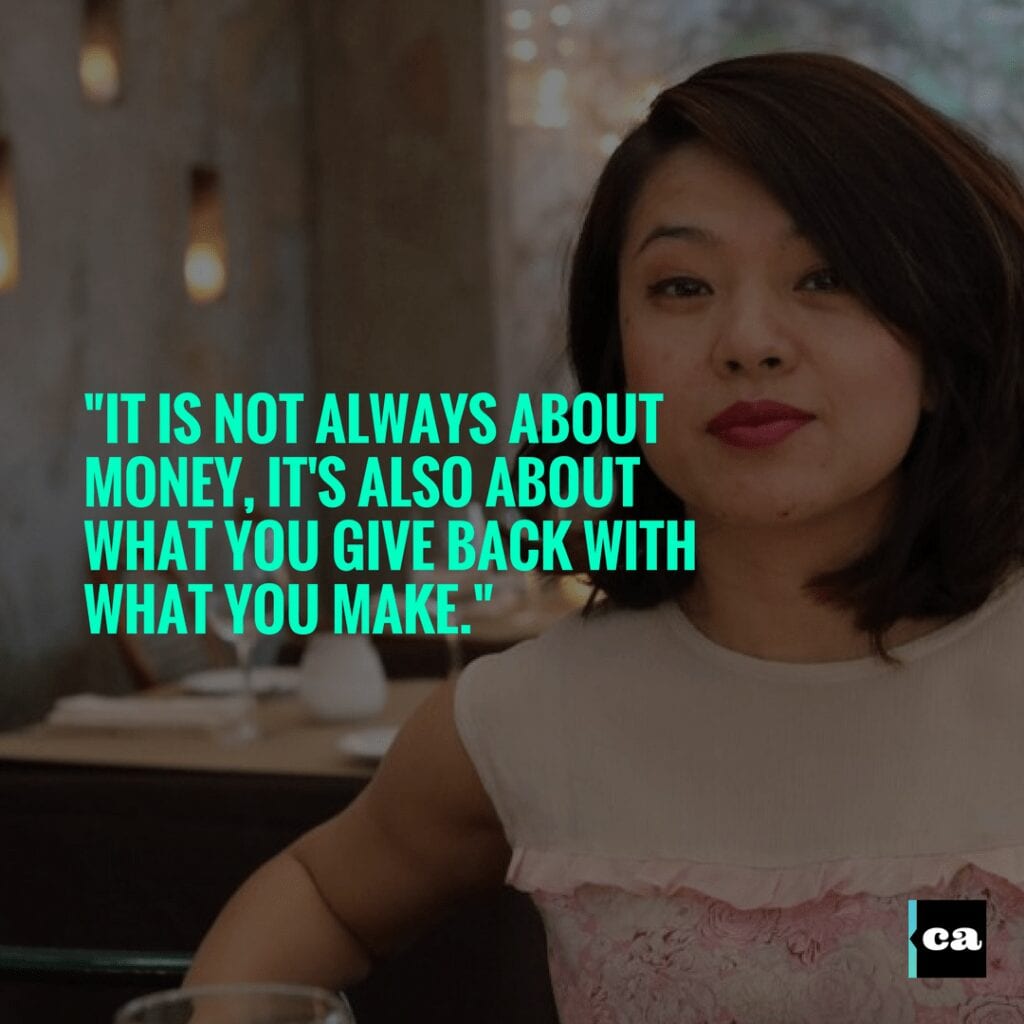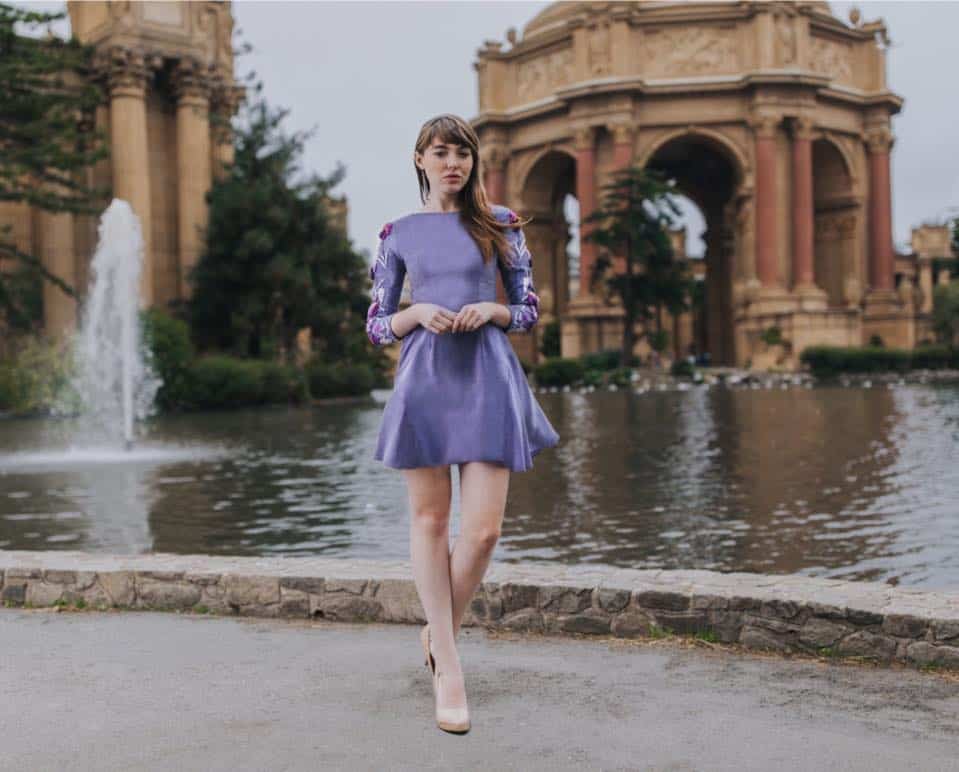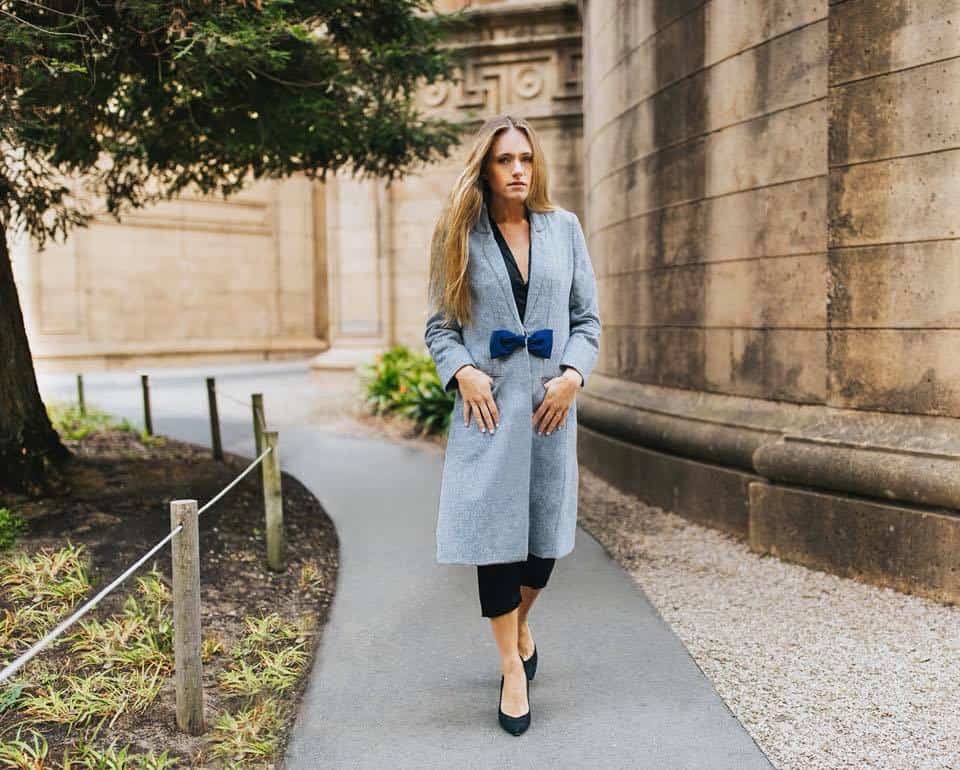Introducing AGAATI, a San Francisco based, sustainable and contemporary women’s brand from India. Their ethical and accessible collections are completely handmade by weaving artisans in cities such as Jodhpur and Varanasi (home to over 60,000 handloom weavers!), utilizing traditional weaving techniques that go back thousands of years, even pre-Mogul times! Co-founders, Saloni Shrestra and Anand Pradhan, travel extensively through India and Nepal in search of new communities of artisans to work with, and what they have accomplished so far is absolutely incredible.
From runway comparable, ethically made collections, to economic opportunity available to a community of artisans simply without work in their own country, due to fast fashion and a decreasing demand for quality, hand loomed items, the AGAATI story incorporates social, economic and environmental goodness and it is truly inspiring.
See below a Q & A with AGAATI co-founder and designer, Saloni Shrestra, and be sure to check out their tribute video to the amazing weaving artisans they are working with to create their original, eclectic, and romantic collections. For more information on weaving traditions in India, specifically in Varanasi, check out a behind the scenes style piece from AGAATI by clicking here!

Tell us about your history in the fashion industry. What led you to founding AGAATI?
I have over 8 years of experience specializing in designing women’s ready-to-wear that are narratives of nature, culture and people. I graduated in fashion design from Parsons, The New School where I was trained in couture and ready-to-wear garment design. My knowledge was further enhanced by being trained at reputed fashion houses such as Oscar De La Renta, Diane Von Furstenberg, Zac Posen and Naeem Khan.
My first design career began with founding a bold yet wearable womenswear brand SALONI RATHOR, in Singapore. Prior to design, I had a fulfilling marketing career, leading regional teams in Asia.
The seed for my sustainable clothing brand was born in Parsons, New York, where I studied zero waste design led by Timo Rissanen, who had tremendous knowledge and experience in this field. The experience from the research, findings and creative process opened my mind to look at design and the impact a business has on community and environment in a completely different light. I realized how challenging it is to choose the right raw material consciously, how our design thinking and implementation impacts nature and the people we work with. It is not always about money, it’s also about what you give back with what you make.
Hence, when I moved from New York to California I launched AGAATI – a sustainable, contemporary womenswear brand with my co-founder, Anand, who is also from the retail world. There was no other business model that made more sense. So today AGAATI is a conscious lifestyle brand offering exclusivity at great value. Design, artisans and environment are at the core of the business. The designs are romantic, spirited, eclectic and handcrafted with great attention to details.

How do you find North American’s relate to AGAATI’s story and the artisans you are working with in India?
There is a wide variety of consumers in different stages of awareness on how the fashion industry affects the quality of life for nature and communities. Our reach has just begun with personal stories of how we began in markets we have actively started selling to. New York and San Francisco understand and appreciate the efforts a business like ours is making to bring to them products made responsibly. They see a greater value for the products than the price tag we have which helps our goal to get attention and encourage shoppers to be informed and buy sustainable products. One idea that has been loved is using the leftover fabrics into the embroidery, giving the scraps a 2nd life than being sent to landfills.
You had quite the adventurous first go with AGAATI’s first collection. What were some of the biggest challenges and what did you learn from them?
It has been such an intense learning year meeting artisans at their workplace which can also be their home, the initiatives by the rest of the sustainable community in supply and demand side and how everyone could impact lives of people and nature’s beginning with small actions but when summed becomes a big movement. Setting up the supply chain has been the most challenging for internal management. Finding good sampling houses that understand your ethos, works as a close partner in reducing waste or finding textile suppliers who have modern handloom fabrics is time intensive. From the market side, it is definitely getting more people to know about AGAATI and getting them to understand why fast fashion should not be the wardrobe option. Every plan and partnership has taught us what we can do better and how we can’t be everything and everywhere. Focusing and doing less but perfectly is the key takeaway.

Tell us a little about what’s next for AGAATI. You were recently in Jodhpur working with a women’s collective. What can we expect from some of these initiatives?
The focus is on building the supply chain to strengthen the product content to be eco friendly and have artisanal collaboration. We have to continue building handmade products engaging artisan communities like weavers, hand knitters, embroidery artists in India and Nepal, build a path to enhance their economic empowerment and bring the makers in front of the consumers. Their stories are so humbling that AGAATI has to be the channel to share it forward.
Why ethical fashion?
Business with a purpose was the best partner to compliment creativity that I wanted to bring in our products. When I researched and found the horrible impacts that businesses left behind while nature and people involved in the making suffered was not a life I wanted to leave behind. We have to be responsible citizens and this was a small way of giving back with what I chose to make a living from. Yes being creative and designing beautiful clothes is my passion so I can empower and influence women with what they wear as personal style is also as much about what you stand for, but I also could not ignore the true cost of it all. Hence I chose a complex but fulfilling business philosophy. I hope we get many more people joining us and take this mission forward!








